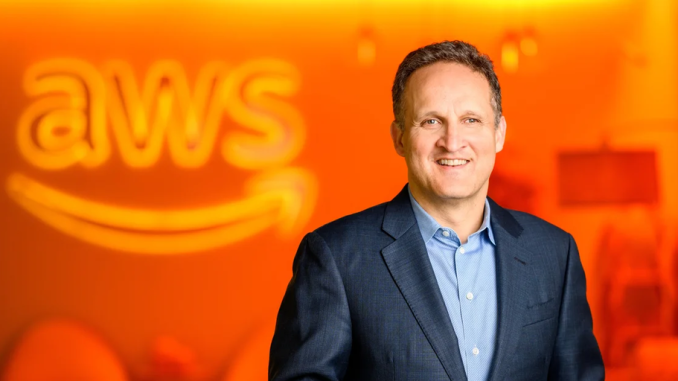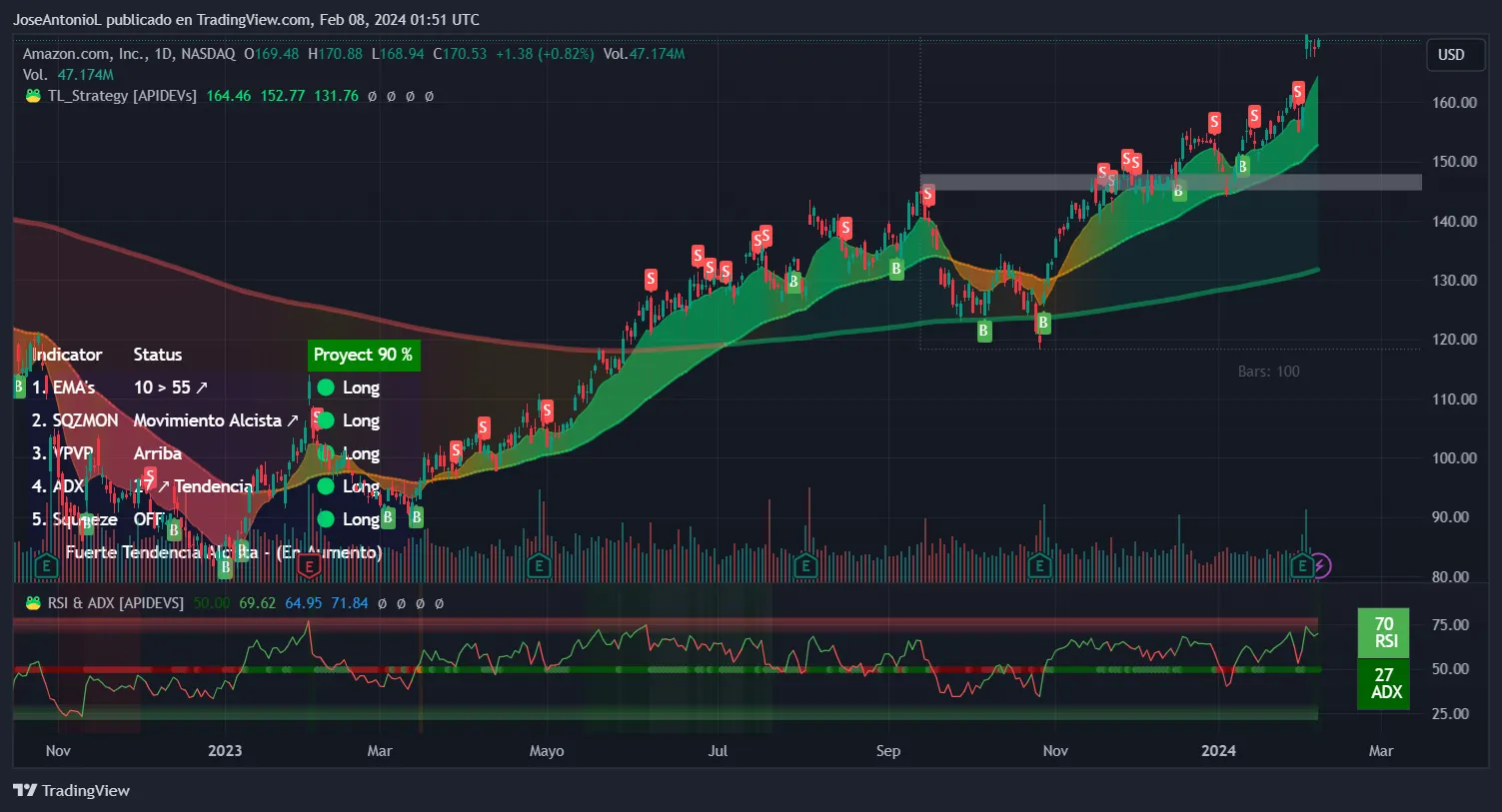
Adam Selipsky, CEO of Amazon’s dominant cloud computing platform AWS, sees parallels between the hype around AI and the rush of companies hoping to capitalize on the emergent tech to the dot-com bubble in the 1990s.
“If you go back to, say, 1997 and you ask, ‘Was the internet underhyped or overhyped?’ I would argue it was underhyped,” he told Wired at a Harvard Business School conference over the weekend. “But if you then ask, ‘Were the companies who were the leaders then dramatically overhyped?’ Yes, they were.”
He returned to the broad dismissal later, saying, “Some AI companies at the center of the storm are massively overhyped,” and explaining that the future of firms launching MVPs to show off AI tricks may run up against cold, hard reality.
“It can be very expensive once they go into production,” he said.
Selipsky isn’t alone in his cautious outlook. OpenAI is the company everybody thinks about when the word AI is mentioned, but its COO Brad Lightcap said in a recent interview that the thinking that AI “can deliver substantive business change” is overhyped.
“There’s never one thing you can do with AI that solves that problem in full,” he concluded.And for those who are more into open-source AI, Emad Mostaque—the CEO of Stability AI, the developers of Stable Diffusion—puts himself in in the same camp as Selipsky and Lightcap. He thinks AI could bring what he called “the biggest bubble of all time.” Ouch.
Bubble or not, however, Amazon stands to make money off the growing industry—lots of it.
As one of the world’s largest cloud computing providers, AWS is a crucial platform for AI developers who need vast amounts of computing power to build and run complex models. Regardless of hype, Amazon is all in, earning big money selling the shovels that keep the AI gold rush alive.
Last week, Amazon issued its quarterly financial results. AI was a solid part of the mix.
The company touted a new expansion of its engagement with Salesforce, which will use AWS to “deepen data on AI integrations” between the two companies. Health industry stalwart Merck, e-commerce retailer The Very Group, Japan-based Mitsubishi, Korea-based LG, and several other companies were called out for their AI initiatives.
The computing infrastructure business is effectively an oligopoly right now. Amazon, Microsoft and Alphabet (Google) are the go-to sources when AI developers need cloud hyperscalers to train their models. They dominate the market.
But AWS is not only selling infrastructure—it’s also working on its own AI products.
The tech giant recently announced a $4 billion investment in AI startup Anthropic, the creators of chatbot Claude. It’s one of the biggest rivals to challenge OpenAI’s ChatGPT. The company is also developing its own AI assistant: Q. So far the features list includes an image generator and a proprietary large language model (LLM) to power Alexa interactions based on users’ queries.
“New genAI capabilities like Bedrock, Q, and Trainium have resonated with customers and are starting to be reflected in our overall results,” noted Andy Jassy, Amazon CEO, in the report.
Selipsky’s caution was paired with an acknowledgment of AI’s potential. “We do believe that generative AI will be transformative,” he said. And it independent analysts agree. The AI business could add over $4 trillion to the global economy, according to estimations by experts including McKinsey and JP Morgan.

With AI, as with any gold rush, selling shovels can prove more lucrative than chasing speculative claims. But for Amazon, just in case, digging some holes of their own doesn’t seem like a bad idea.
Edited by Stacy Elliott.




Be the first to comment